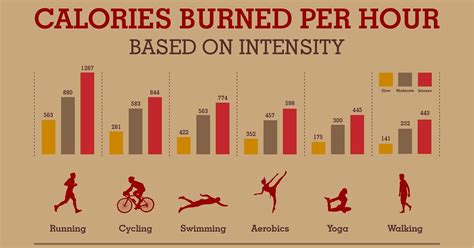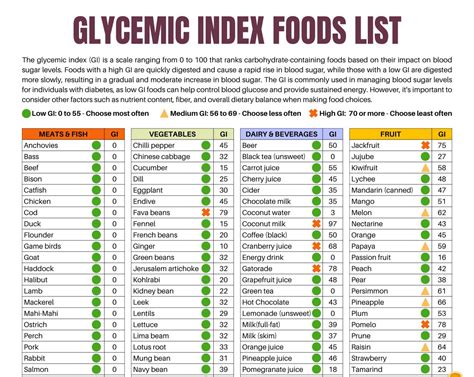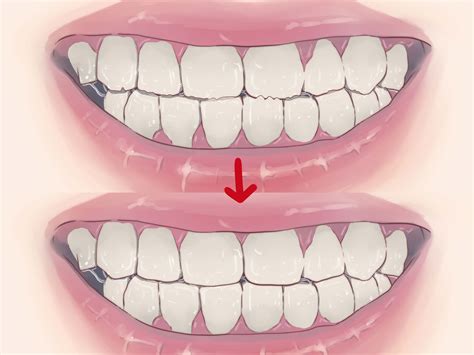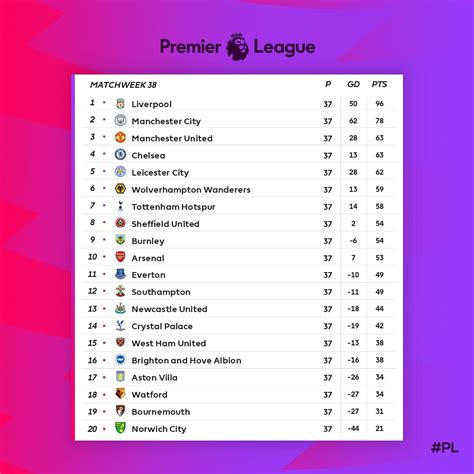The Ultimate Guide to Calories & Female Metabolism
Introduction

Understanding how many calories a woman burns is essential for weight management, fitness goals, and overall health. As the female metabolism undergoes significant changes with age, it’s crucial to track caloric intake and expenditure to maintain a healthy weight. This comprehensive guide will provide detailed insights into the factors that influence a woman’s calorie needs, including age, activity level, and body composition, to empower informed decision-making.
Factors Affecting Calorie Burn
1. Basal Metabolic Rate (BMR)
BMR accounts for 60-75% of total daily calorie burn and is the number of calories the body needs at rest to perform essential functions like breathing, heart rate, and body temperature regulation. It is primarily determined by:
- Age: BMR decreases by approximately 1-2% per decade, as the body loses muscle mass and efficiency.
- Sex: Women generally have a lower BMR than men due to their smaller body size and higher body fat percentage.
- Body Composition: Muscle burns more calories than fat, so individuals with a higher muscle mass have a higher BMR.
2. Physical Activity Level
Exercise plays a significant role in calorie expenditure. The intensity, duration, and frequency of physical activity impact the number of calories burned.
- Sedentary lifestyle: Burns approximately 30% of daily calories through non-exercise activities like cooking, cleaning, and walking.
- Lightly active: Engage in light physical activity for at least 30 minutes most days of the week, burning around 35% of daily calories.
- Moderately active: Participate in moderate-intensity exercise for at least 60 minutes most days of the week, burning approximately 40% of daily calories.
- Very active: Engage in vigorous-intensity exercise for at least 90 minutes most days of the week, burning around 45% of daily calories.
- Extra active: Exercise vigorously for several hours per day, accounting for over 50% of daily kalori burn.
3. Other Factors
- Pregnancy: During pregnancy, a woman’s caloric needs increase to support the growth and development of the fetus and the changing physiology of the mother.
- Breastfeeding: Lactating women have elevated caloric needs to produce breast milk.
- Genetics: Some individuals may have a predisposition to a faster or slower metabolism, influencing their calorie burn.
Calorie Burn by Age
The following table provides estimated calorie needs for women based on age and activity level:
| Age Group | Sedentary | Lightly Active | Moderately Active | Very Active | Extra Active |
|---|---|---|---|---|---|
| 18-24 | 1,800-2,000 | 1,900-2,100 | 2,000-2,200 | 2,100-2,300 | 2,200-2,400 |
| 25-34 | 1,700-1,900 | 1,800-2,000 | 1,900-2,100 | 2,000-2,200 | 2,100-2,300 |
| 35-44 | 1,600-1,800 | 1,700-1,900 | 1,800-2,000 | 1,900-2,100 | 2,000-2,200 |
| 45-54 | 1,500-1,700 | 1,600-1,800 | 1,700-1,900 | 1,800-2,000 | 1,900-2,100 |
| 55-64 | 1,400-1,600 | 1,500-1,700 | 1,600-1,800 | 1,700-1,900 | 1,800-2,000 |
| 65+ | 1,300-1,500 | 1,400-1,600 | 1,500-1,700 | 1,600-1,800 | 1,700-1,900 |
Note: These estimates are for healthy women with a normal body weight. Calorie needs may vary depending on individual factors.
Tips for Burning More Calories
- Increase muscle mass: Resistance training helps build muscle, which boosts metabolism and increases calorie burn.
- Engage in regular physical activity: Incorporate a combination of cardiovascular and strength training into your weekly routine.
- Reduce processed foods and sugary drinks: These foods contain empty calories that do not provide sustained energy.
- Consume protein-rich foods: Protein helps you feel fuller for longer, reducing cravings and calorie intake.
- Stay hydrated: Drinking plenty of water can help increase metabolism and reduce appetite.
FAQs
-
How does stress affect calorie burn?
Stress can release hormones like cortisol, which temporarily increase BMR. However, chronic stress can lead to hormonal imbalances, affecting metabolism and calorie burn. -
Do women need to eat more calories than men?
Typically, women have lower caloric needs than men due to their smaller body size and lower muscle mass. -
Can metabolism change over time?
Yes, metabolism can slow down with age and hormonal changes. Maintaining a healthy weight and engaging in regular physical activity can help mitigate these effects. -
How do I know if I’m burning enough calories?
Monitoring your weight, energy levels, and hunger cues can help you assess whether you’re burning enough calories. If you’re losing weight at a healthy rate, have adequate energy levels, and feel satisfied after meals, you’re likely burning an appropriate number of calories. -
What is the best time of day to burn calories?
Exercise at any time of day can burn calories. However, studies suggest that exercising in the morning may have a slight advantage in elevating metabolism for several hours afterward. -
Can sleep affect calorie burn?
Getting enough sleep is crucial for hormone balance and overall health. Sleep deprivation can disrupt metabolism and lead to cravings, affecting calorie burn. -
How does menopause affect calorie burn?
During menopause, hormonal changes can lead to a decrease in BMR and an increase in body fat. Adjusting calorie intake and engaging in regular exercise is essential for maintaining a healthy weight during this transition. -
Can certain foods boost metabolism?
Some foods, such as green tea and spicy peppers, may have a slight metabolic-boosting effect. However, the overall impact on calorie burn is minimal.
















